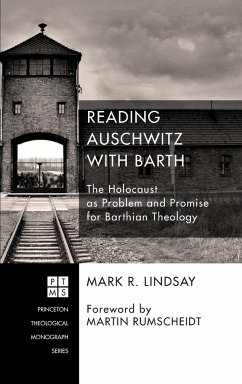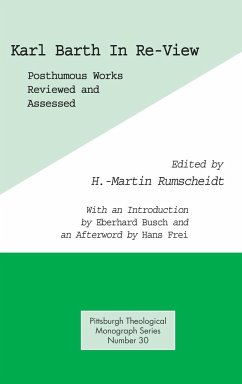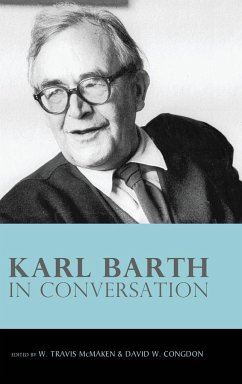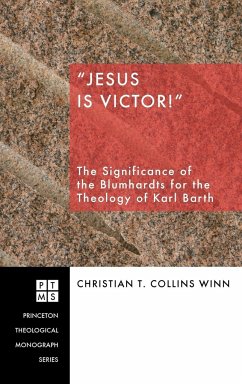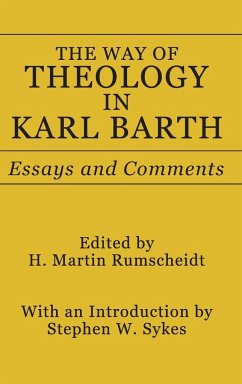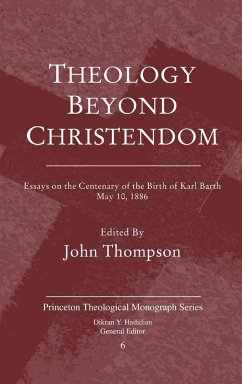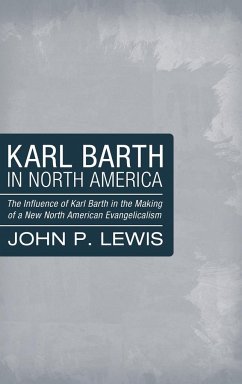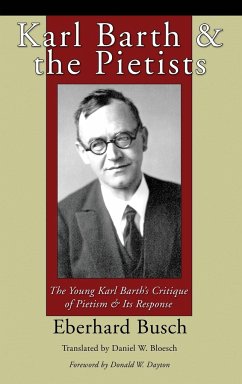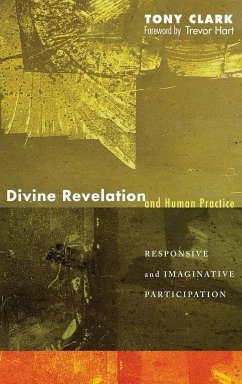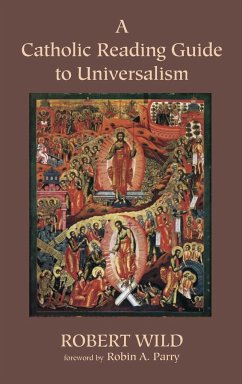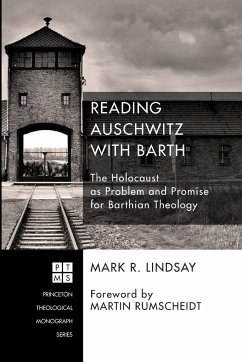
Reading Auschwitz with Barth
Versandkostenfrei!
Versandfertig in 1-2 Wochen
22,99 €
inkl. MwSt.
Weitere Ausgaben:

PAYBACK Punkte
11 °P sammeln!
It has been widely accepted that few individuals had as great an influence on the church and its theology during the twentieth century as Karl Barth (1886-1968). His legacy continues to be explored and explained, with theologians around the world and from across the ecumenical spectrum vigorously debating the doctrinal ramifications of Barth's insights. What has been less readily accepted is that the Holocaust of the Jews had an equally profound effect, and that it, too, entails far-reaching consequences for the church's understanding of itself and its God. In this groundbreaking book, Barth a...
It has been widely accepted that few individuals had as great an influence on the church and its theology during the twentieth century as Karl Barth (1886-1968). His legacy continues to be explored and explained, with theologians around the world and from across the ecumenical spectrum vigorously debating the doctrinal ramifications of Barth's insights. What has been less readily accepted is that the Holocaust of the Jews had an equally profound effect, and that it, too, entails far-reaching consequences for the church's understanding of itself and its God. In this groundbreaking book, Barth and the Holocaust are brought into deliberate dialogue with one another to show why the church should heed both their voices, and how that may be done.




